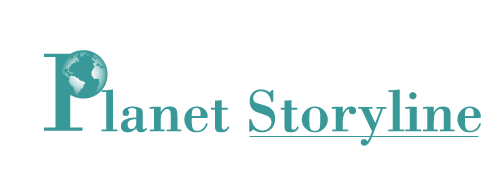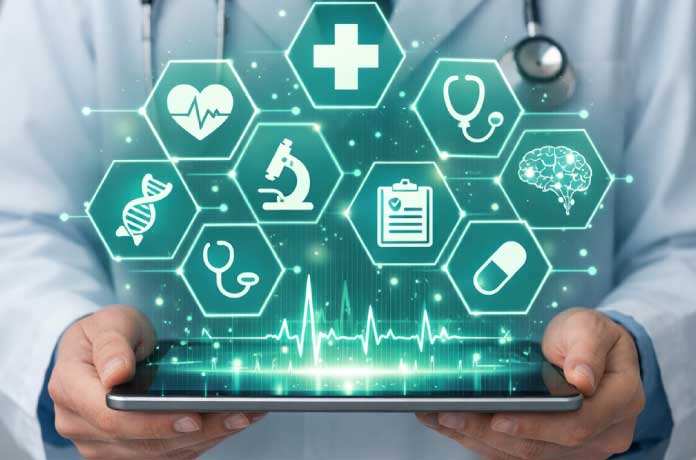A watershed year of transformative medical changes will likely occur around 2025. Revolutionary technological advances will enable and facilitate efficient healthcare while promoting a culture of access to and understanding of health information among individuals.
Precision Medicine:
Precision medicine seeks to tailor treatments for different patients based on genetics, the environment, and lifestyle. This improves drug effectiveness while reducing severe side effects, transforming healthcare into a more custom-tailored field. This ensures the advancement of proper medical interventions on an efficient basis.
TeleHealth:
The COVID-19 pandemic has forever changed the landscape of how people receive health care. Telehealth allows patients to confer with healthcare professionals, receive follow-up care, and discuss disease prevention without traveling to a hospital, thereby lessening the risk associated with respiratory infectious diseases. Technological innovations, including smartphones, wearable devices, and medical applications, have simplified the ability of patients to schedule appointments and retrieve diagnostic results with just a tap on their devices. Telehealth has thus expanded access to health care for those in distant areas or with mobility barriers.
Mental Health:
Tech-driven solutions like AI-powered therapy applications and virtual reality treatments make mental health support accessible and encourage people to seek care more than ever. The innovation delivers therapies that are easily accessible and personalized.
Wearable Health Tech:
The modern smartwatch does more than tell the time; it also monitors blood pressure, glucose levels, and early warning signs of disease. Through real-time ventilatory feedback, these advances encourage patients to take responsibility for their health by overseeing health behavior.
Gut Health and Microbiome Research:
Research into the gut microbiome is increasing, showing connections between gut bacteria and health. Scientists create advanced probiotics and prebiotics that positively impact digestion, immunity, and mental well-being.
Sustainable and Ethical Health Choices:
Health consumers lean toward green products, from plant-based diets to fitness gear that eschews plastics and ethical elastics. More businesses are responding with eco-friendly products that complement ethical and health-conscious lifestyles.
AI and Machine Learning in Disease Diagnosis:
AI-driven diagnostic systems facilitate early disease detection by interrogating enormous medical data sets. From imaging scans to analyzing DNA testing data, AI minimizes the time and enhances the accuracy of diagnosis, resulting in early and personalized therapies.
Holistic Health and Alternative Medicine:
Holistic health integrates traditional medicine with alternative therapies, like acupuncture, yoga, and herbal treatments, to promote overall wellness. These integrative approaches help people attain balanced and sustainable health.
Innovative Health Gamification:
Game-like elements that combine health challenges—such as rewards for exercising—promote healthy behaviors among people, keeping them engaged with this interactive process and developing sustainable practices for wellness.
The healthcare landscape in 2025 is about precision, accessibility, and holistic well-being. An effective patient-centric healthcare modality driven by innovative technology and personalized treatment will ensure a better future for all.




